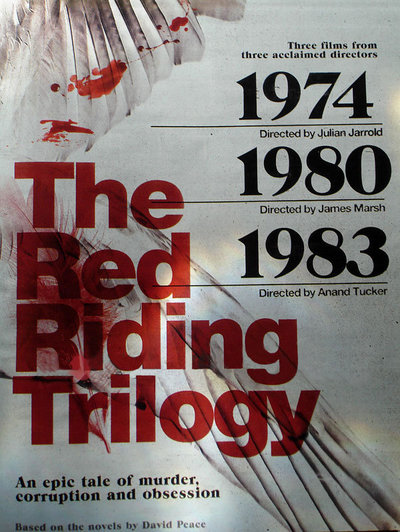
Two delightful stoners/professional kayakers decided to take a hunk of a year off and drive from Alaska to Argentina, kayaking some of the best spots in the world along the way. As they planned they realized that the cost of gas was going to be their greatest expense and would likely have a big, negative environmental impact. So, they had a question, can anyone do such a thing as convert a petrol powered car into one that can drive for miles without a drop. They did all they could to find this answer and then suddenly had it. They engineered a truck-type vehicle with a piece on the side that could grind up any natural/compostable material into fuel.
And so, they set out, from northern Alaska, all the way to the southern tip of Argentina, never using a drop of petroleum. They tried all sorts of different fuels from pig fat to palm branches. They had to fix the car now and then and had widely varying degrees of success with this or that fuel, but, in nine months, they made it and it seemed, as they went along, that word was getting out; thus, they ended up having parades and carnivals waiting for them in many of their South American stops. These guys are some of the nicest, most fun-loving, easy going guys in the world, I’m convinced. And they seemed like the sort of people you could be stuck with for nine months in a car and have as much of a blast in Alaska, Argentina or anywhere in between.
The only thing I didn’t like about this movie was that there wasn’t enough of it. With a running time right at 50 minutes, it felt more like an easy little TV program than it did a feature-length documentary. I wanted to see more of just about every aspect of this movie: the people they met, the risks they took, the technology, the kayaking, and on and on. This is an easy, fun doc about model citizens and I suggest everyone watch it, enjoy it and learn from it.
S’good.




